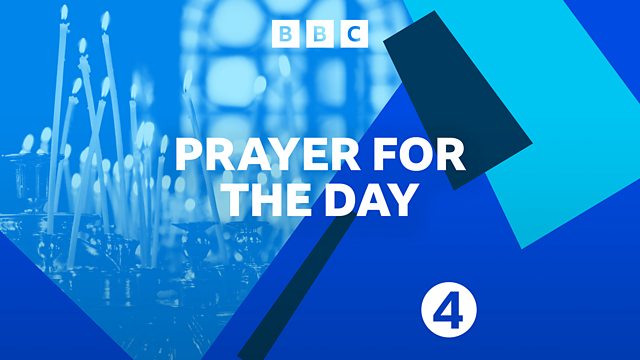
17/09/2021
A spiritual comment and prayer to begin the day with Rabbi Jonathan Wittenberg.
A spiritual comment and prayer to begin the day with Rabbi Jonathan Wittenberg.
Good Morning.
At this time of year, one Jewish holyday follows swiftly upon another. The moment the Day of Atonement ends, preparations for Succot, Tabernacles, begin. The festival starts on Monday night, but there’s a lot to get ready.
Succot is celebrated by building a small hut in memory of the booths in which the Children of Israel dwelt during their forty years in the wilderness.
It’s also a harvest festival. Succah means ‘shelter’; in Ancient Israel farmers made succahs for shade from the sun.
A Succah must therefore have a roof made of leaves and branches. It should be a place of beauty and is traditionally decorated with flowers, fruits and vegetables.
Fragile as it is a Succah is a space of sanctuary hospitality; as much as Covid allows, we welcome guests to eat there each night of the eight-day festival. The impermanent, provisional structure reminds us to offer a special welcome to refugees, since we too were homeless once.
Succot is festival of gratitude for the gifts of the soil. Living, eating, and - for the hardy - sleeping in the Succah, restores our bond with the earth. It reminds us of our dependence on the generosity of nature. It brings home to us our frailty, and, in our climate emergency, as we approach COP 26, of nature’s fragility too.
We are a vulnerable part of this wonder, this beautiful, endangered planet.
God teach us to love it, protect it and walk humbly with it.

